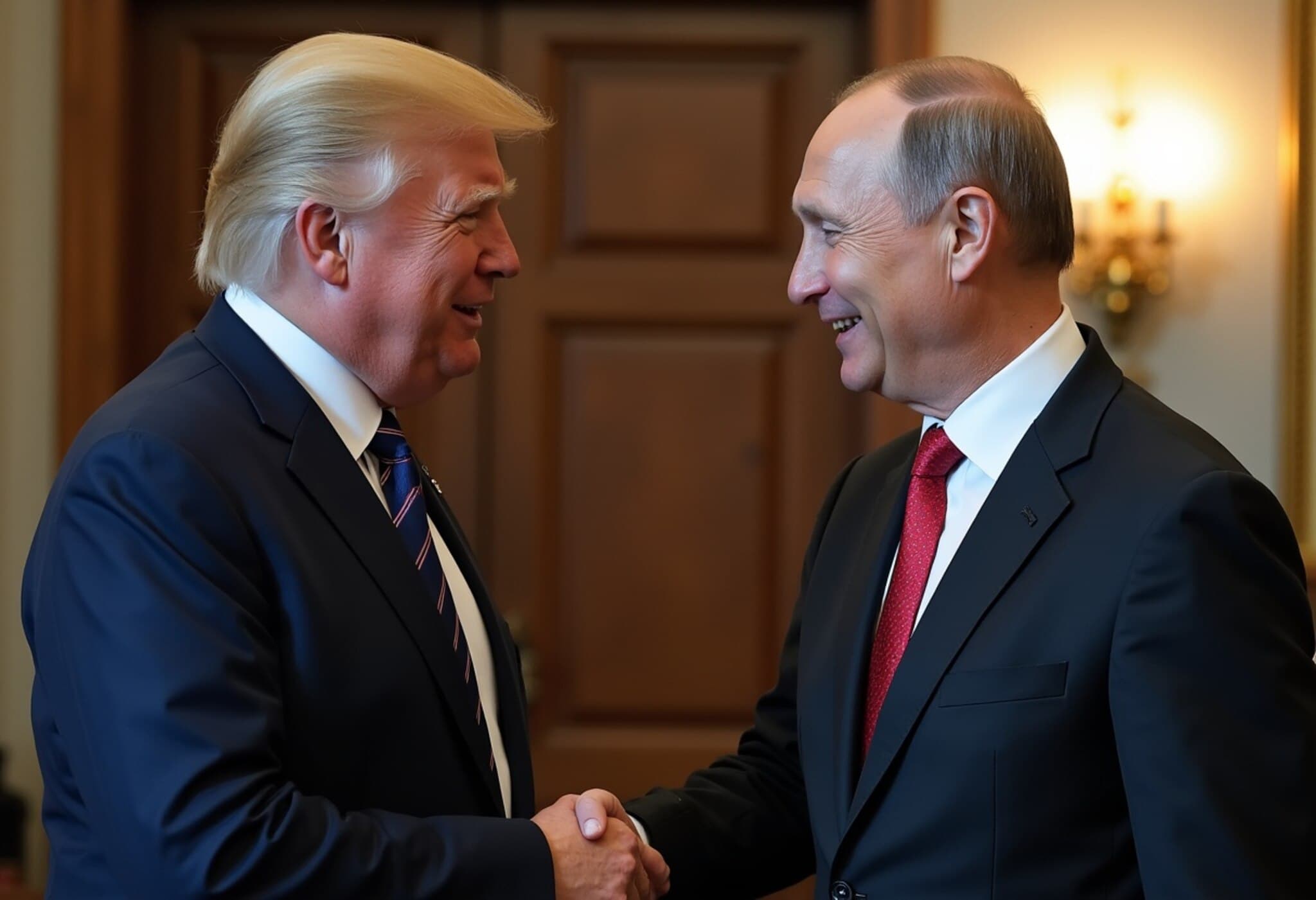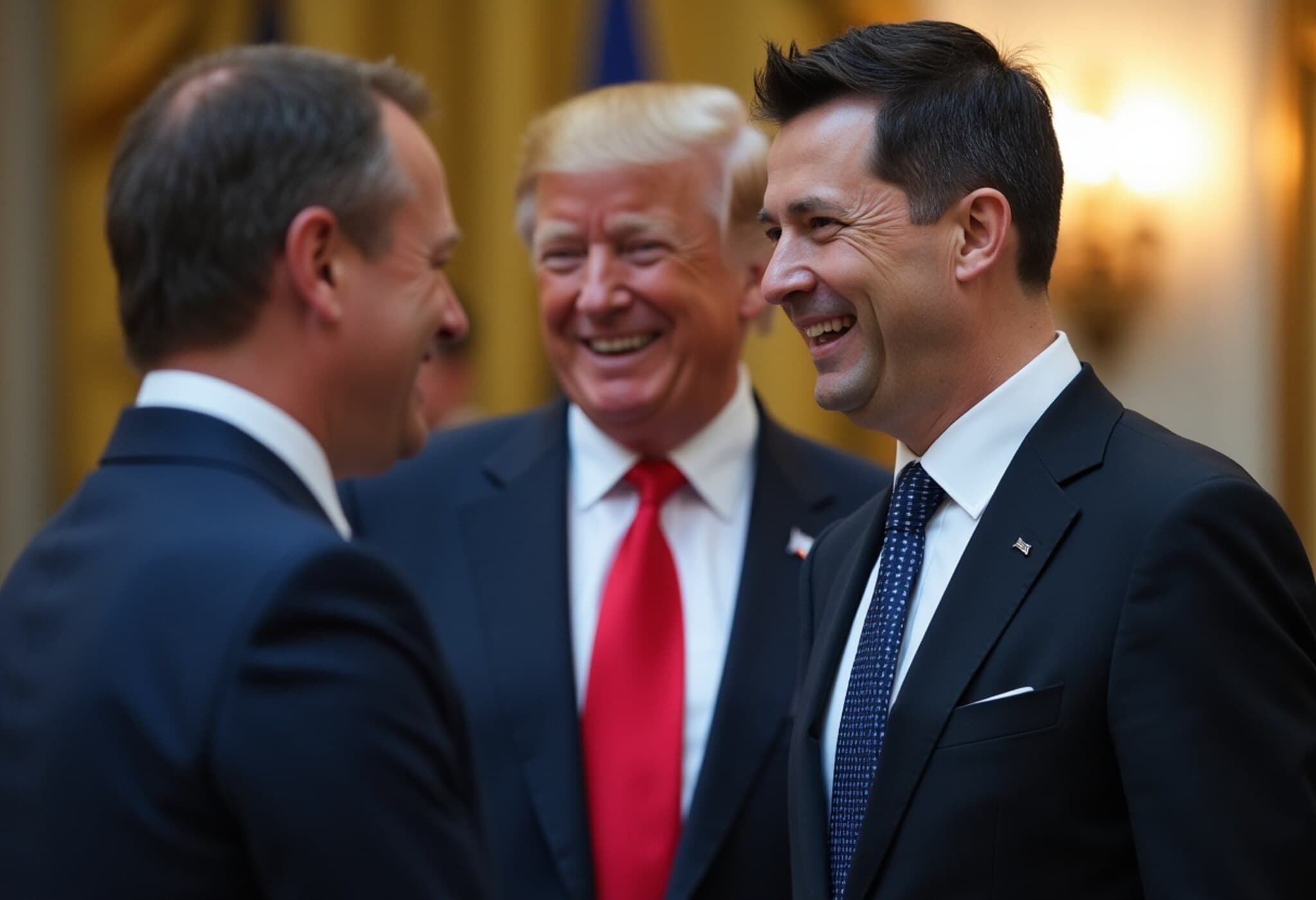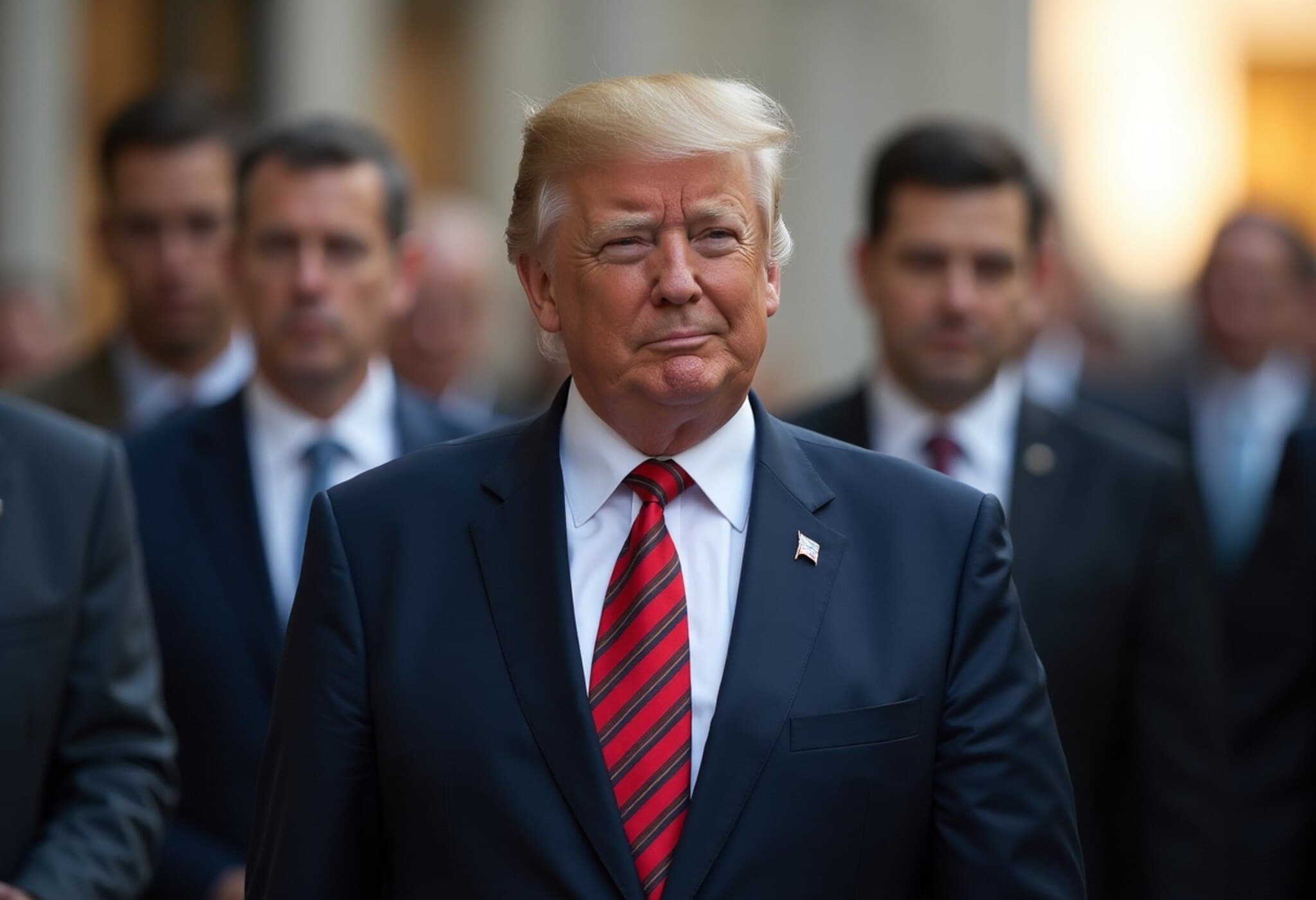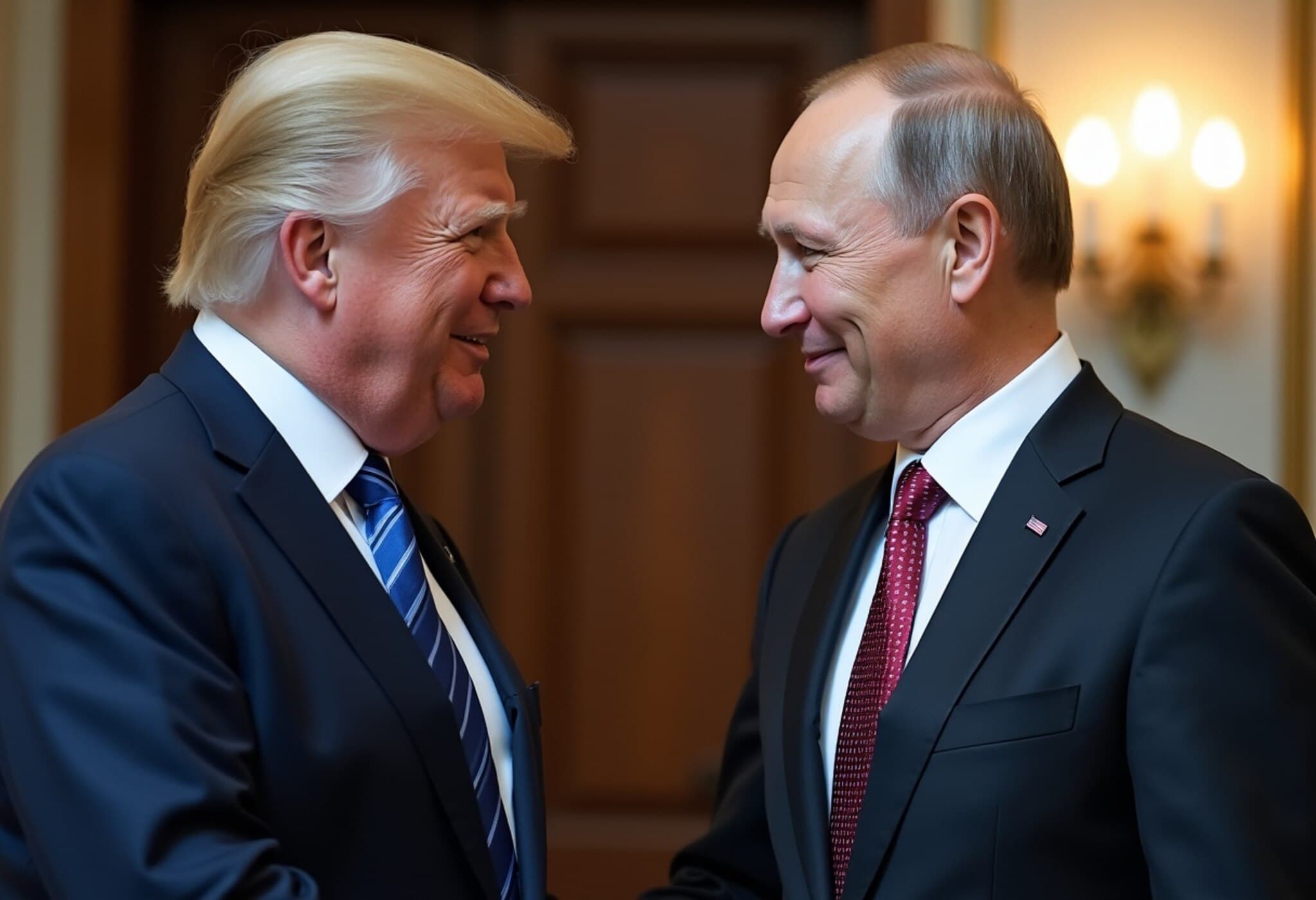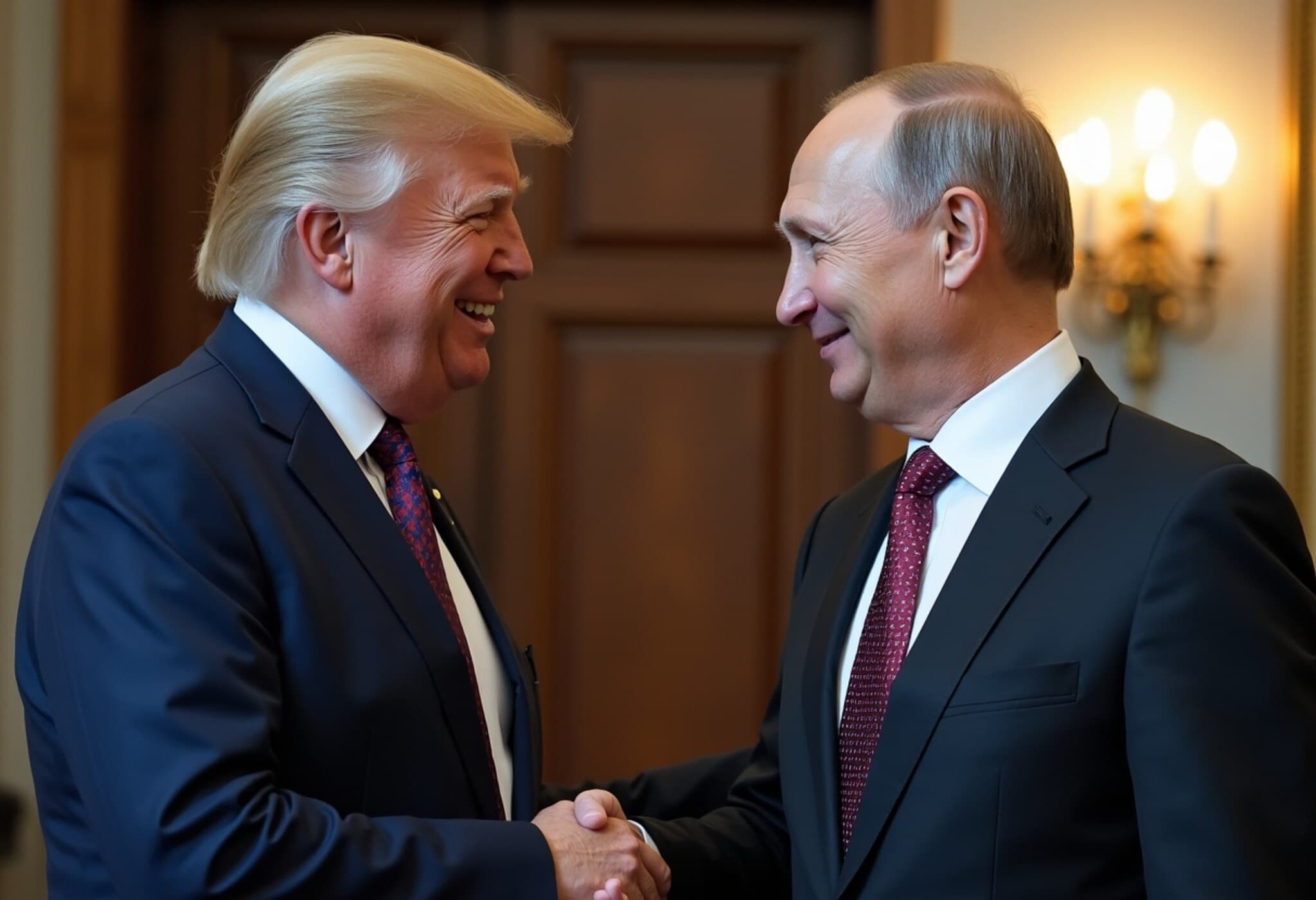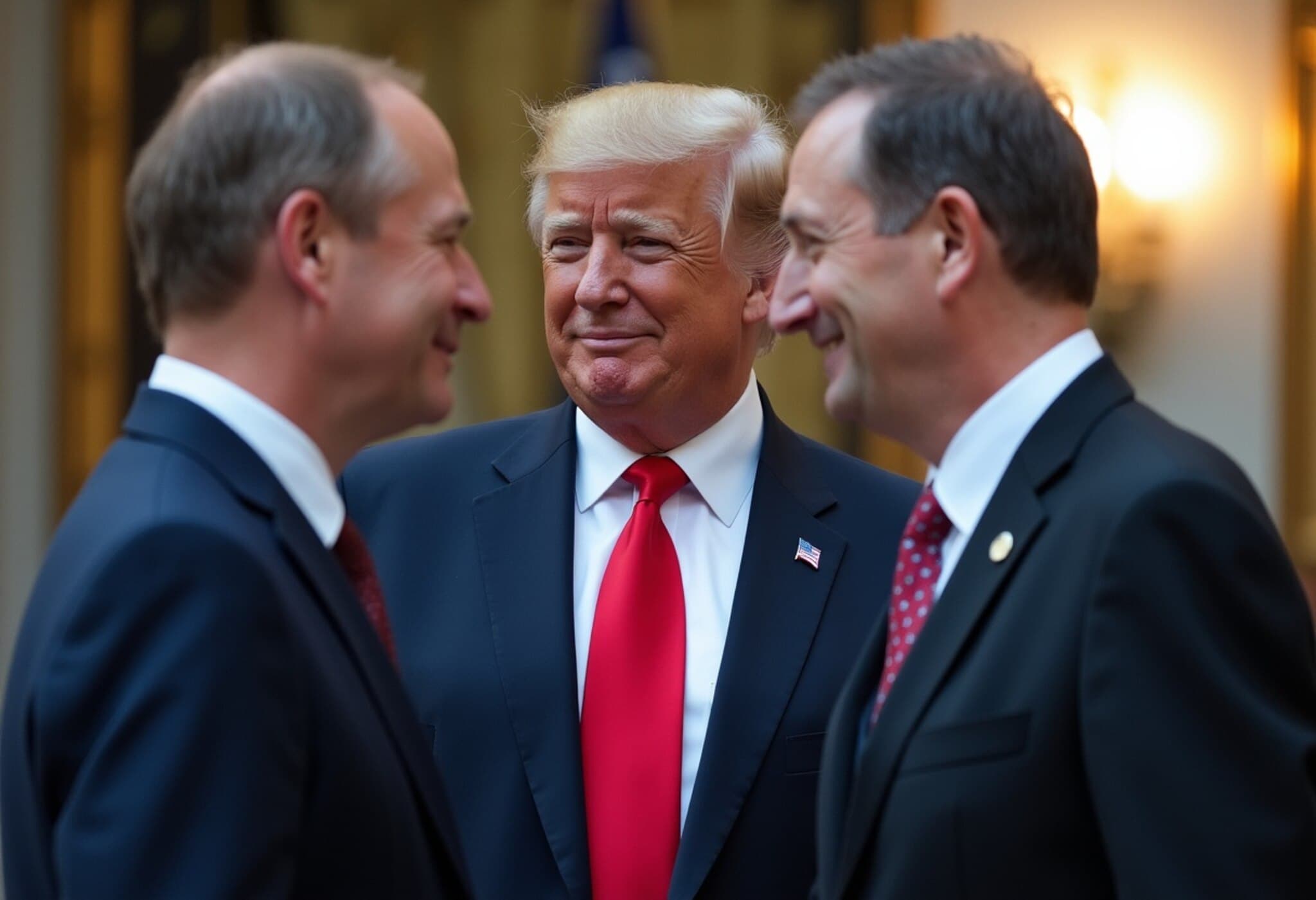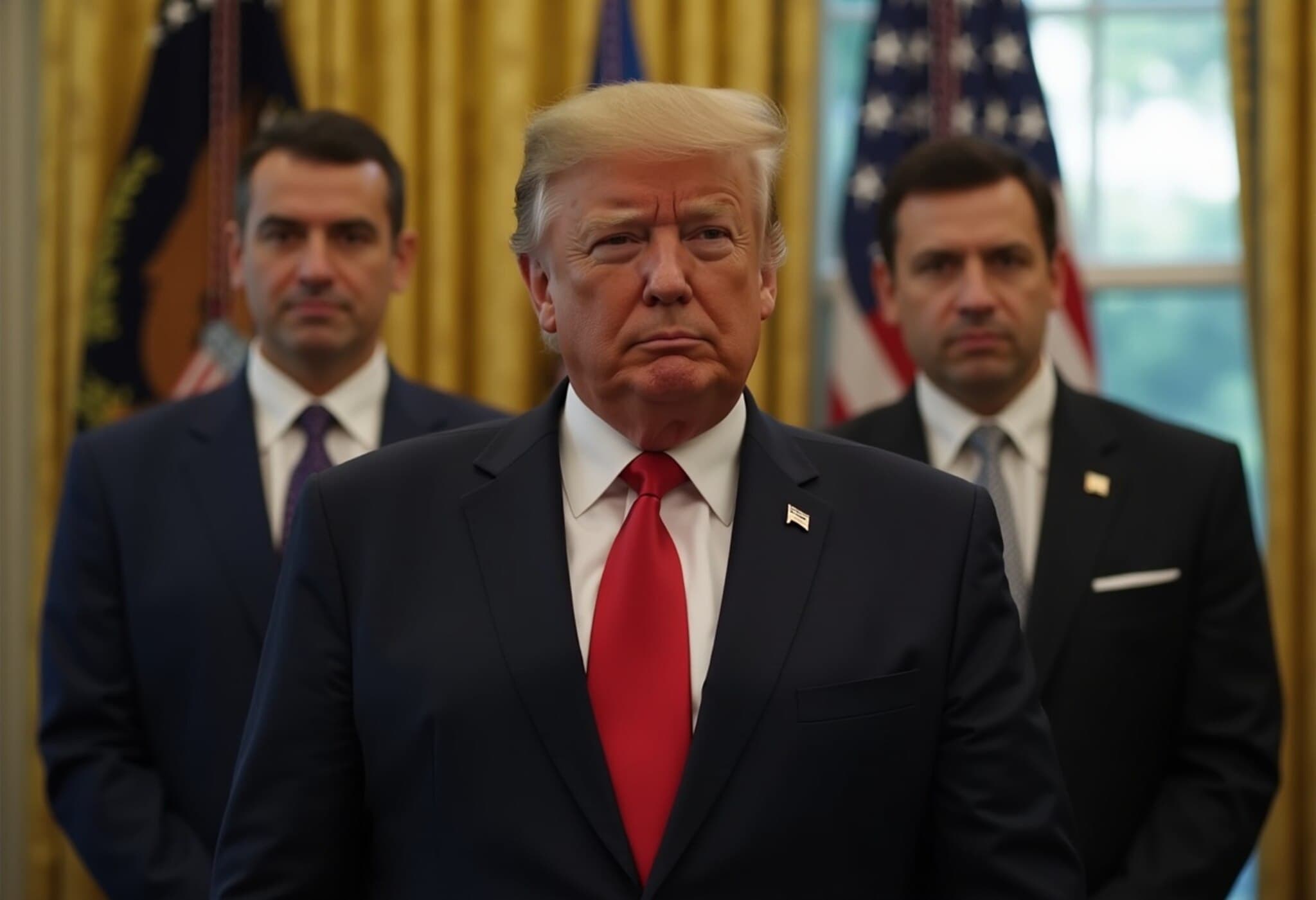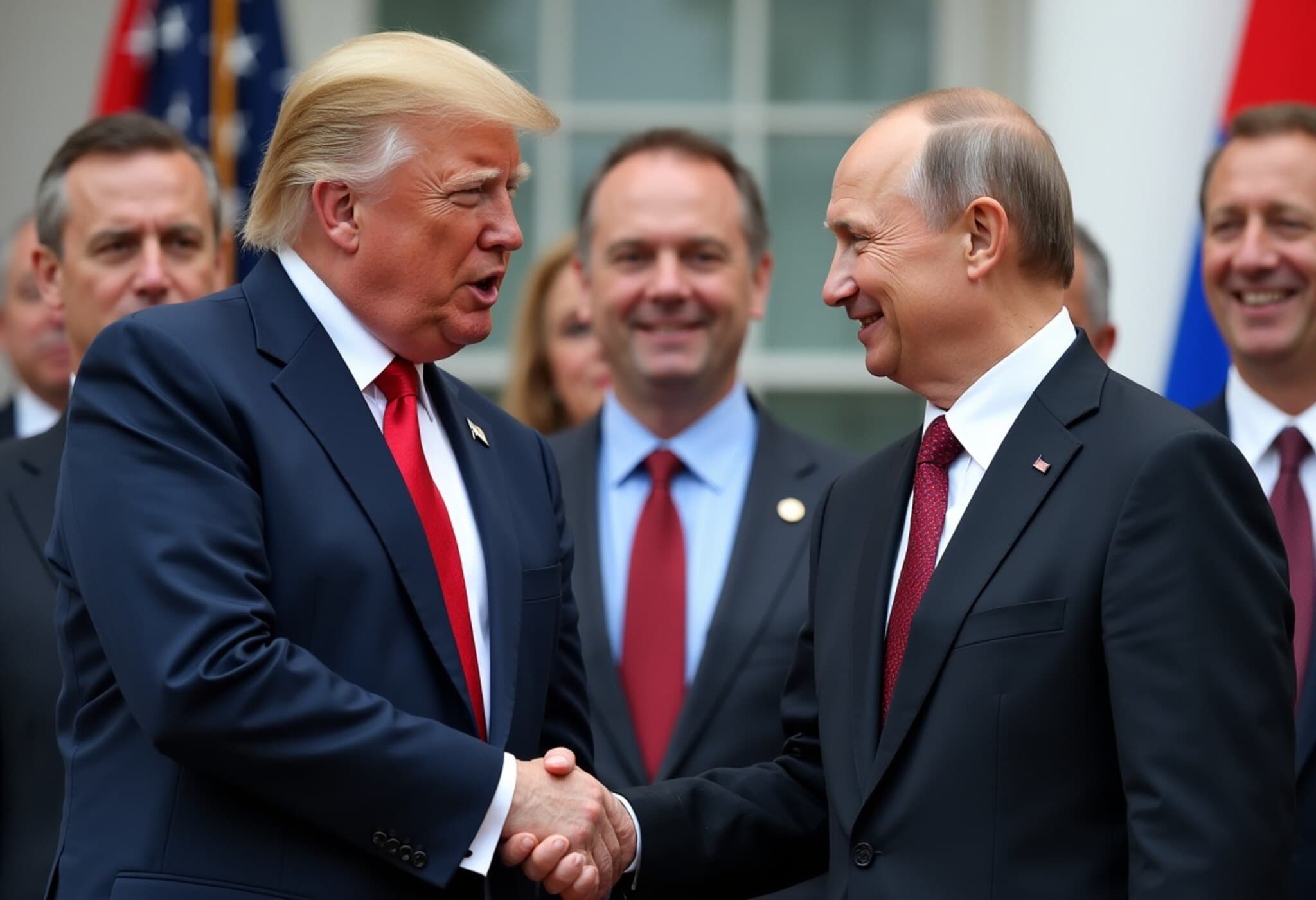Trump Calls on Zelenskyy to Take Lead on Ukraine Peace Talks
Following a marathon, nearly three-hour discussion with Russian President Vladimir Putin in Alaska, former U.S. President Donald Trump delivered a candid message to Ukrainian President Volodymyr Zelenskyy: the responsibility to negotiate peace now rests firmly with Kyiv. Trump emphasized that while European nations must play a supportive role, Zelenskyy’s willingness to compromise is crucial to ending the devastating conflict.
A Warm, Productive Meeting Sets the Stage
Speaking to Fox News host Sean Hannity, Trump described his closed-door meeting with Putin as “very warm” and rated it a perfect “ten out of ten.” He suggested the two leaders found common ground on many key issues surrounding the Ukraine war. “We agreed on a lot,” Trump said, underscoring that they are close to an agreement that might soon bring the conflict to a close.
He noted, however, that any deal would ultimately depend on Ukraine’s acceptance, adding context about the extensive financial support Kyiv has received: $350 billion from the U.S. and substantial aid from European countries. Trump implied that this aid might affect Ukraine’s readiness to negotiate.
Trump’s Advice: Time to ‘Make the Deal’
When asked about his advice to Zelenskyy, Trump was blunt and pragmatic. He pointed out Russia’s military power and suggested that Ukraine’s position is fundamentally weaker. “Make the deal. Gotta make a deal,” Trump urged. Highlighting Russia’s resilience and the sophistication of its war effort, he reminded that Russian forces have displayed remarkable courage despite challenging circumstances.
Trump also referenced U.S. military assistance, including providing advanced weaponry like Javelin missiles during his administration, which bolstered Ukraine’s defense. Yet, he emphasized that diplomacy is the only viable path forward. “I think President Putin would like to solve the problem,” Trump said, describing the conflict as “a problem that should have never happened.”
Contextual Insights: What Does This Mean for the Ukraine Conflict?
Trump’s comments reflect a broader debate within international circles about how to resolve the Ukraine war—a complex conflict with profound geopolitical consequences. His call for Ukraine to “make a deal” highlights ongoing tensions between demands for territorial sovereignty and the pragmatic realities of negotiating peace amid a brutal war.
Experts note that while some Western leaders and institutions advocate for unconditional Ukrainian victories or strong leverage positions, a negotiated settlement might become necessary given the human, economic, and strategic costs for all sides.
There’s also an underreported angle in Trump’s statements concerning the role of European countries. His suggestion that Europe must do more raises questions about the sustainability of Western financial aid and the political will in Europe to continue supporting Ukraine long-term.
American Policy Perspectives
- Financial commitment: The U.S. has allocated enormous resources towards Ukraine’s defense, exceeding $350 billion, which continues to influence diplomatic dynamics.
- Military support vs. diplomacy: The balance between sending military aid and encouraging negotiations remains a delicate policy challenge.
- Leadership roles: Trump’s willingness to engage directly in peace discussions adds a unique, if controversial, dimension to the ongoing diplomatic efforts.
Looking Ahead: Unanswered Questions
Trump mentioned a potential upcoming summit involving Zelenskyy, Putin, and possibly himself, signaling a surprising openness to multilateral talks. However, significant uncertainties remain:
- Will Ukraine accept a deal that might involve compromises on territory or sovereignty?
- How will European nations respond to Trump’s call for more involvement?
- What role will the current U.S. administration play in future negotiations?
- Can a lasting peace be achieved without exacerbating regional security concerns or alarming NATO allies?
As the world watches, the coming months may prove pivotal in shaping the trajectory of Europe's most urgent conflict.
Editor's Note
Donald Trump’s approach to the Ukraine crisis underscores the complexity at the heart of international diplomacy today. His candid assessment—that the “onus” is now on Zelenskyy to negotiate—forces us to confront uncomfortable truths about war, power, and political will. While veterans and experts debate the feasibility of peace deals amidst ongoing hostilities, this moment challenges policymakers and citizens alike to consider: what is the cost of prolonged conflict, and when does pragmatism outweigh principle in the pursuit of peace?

